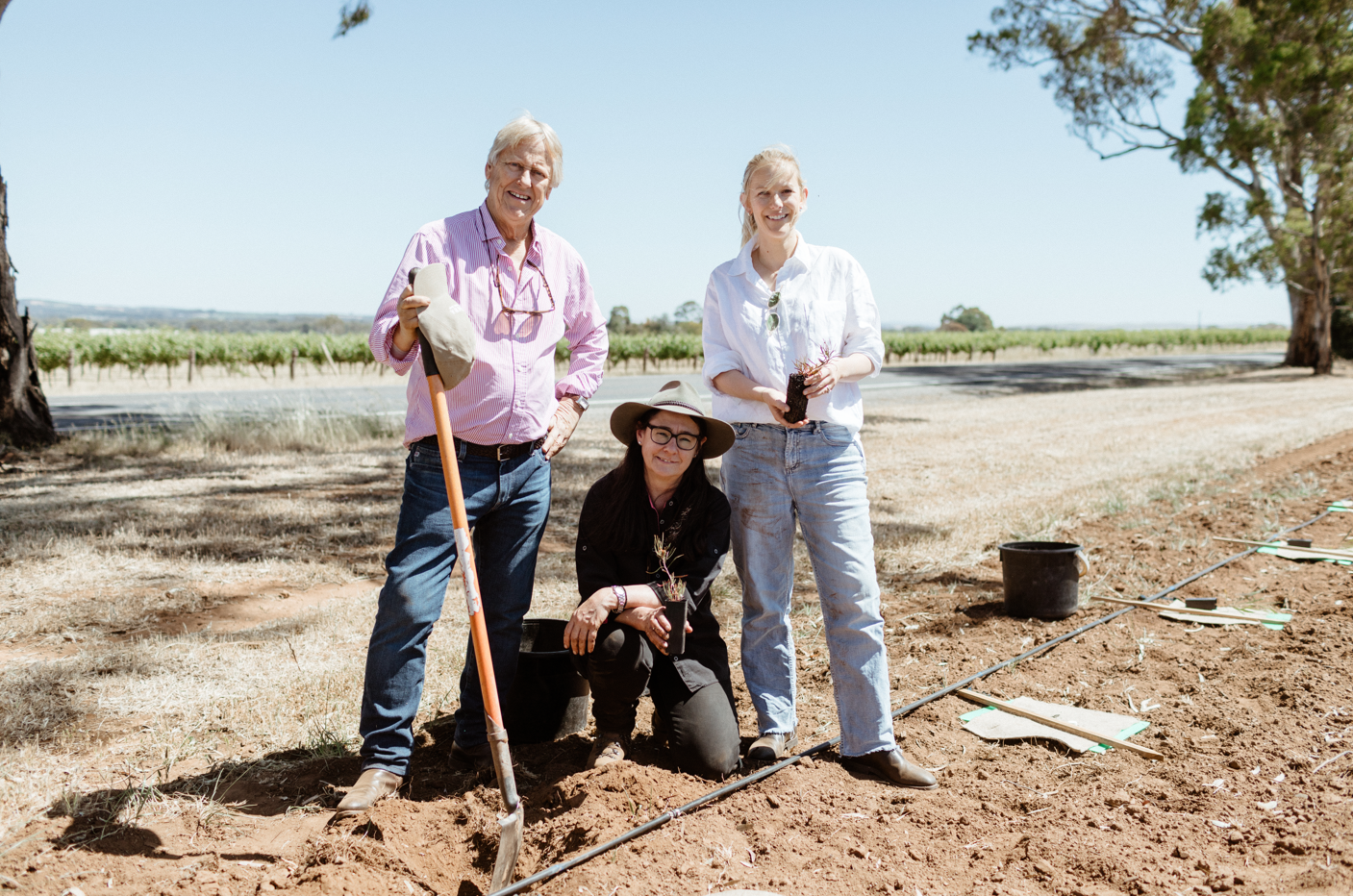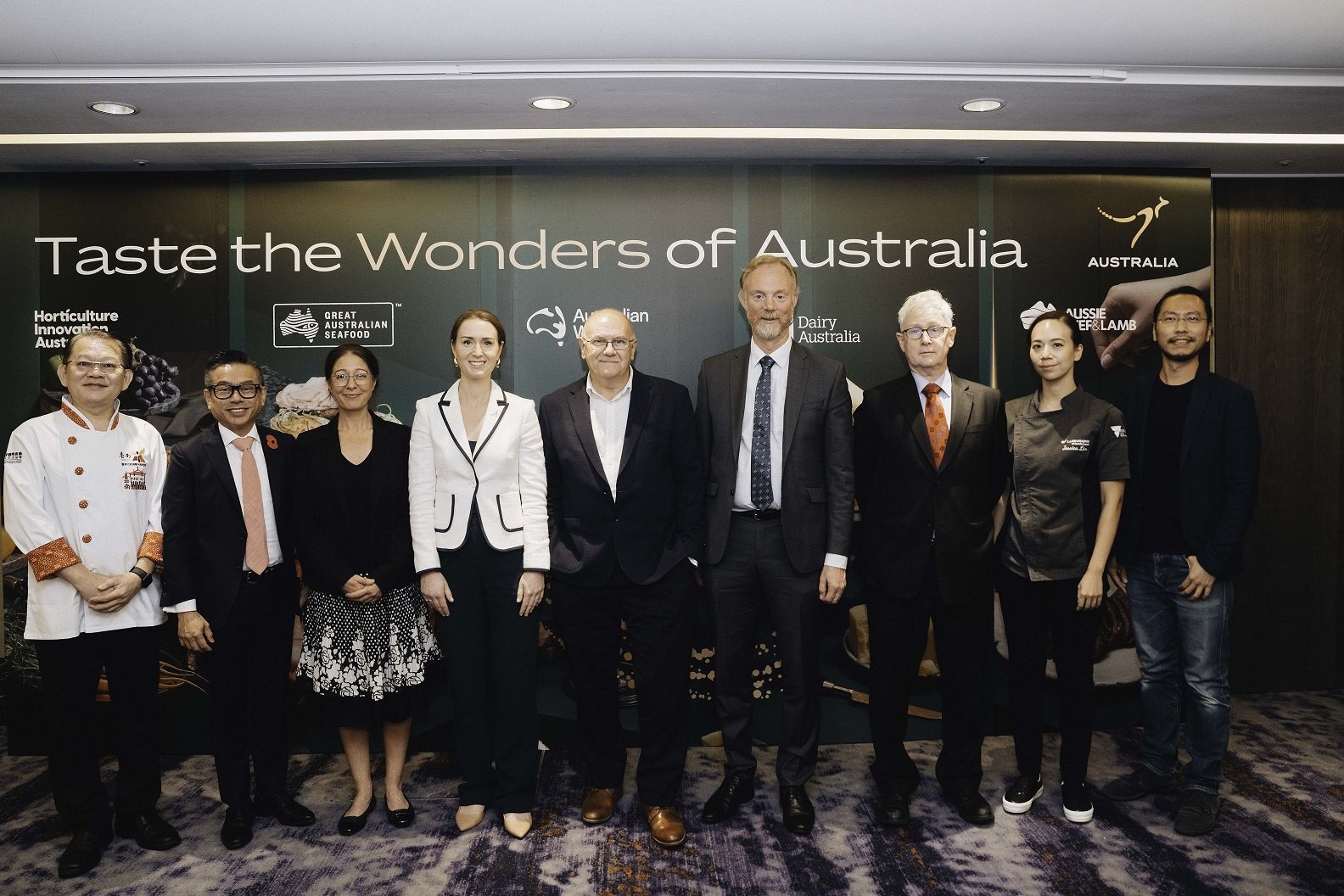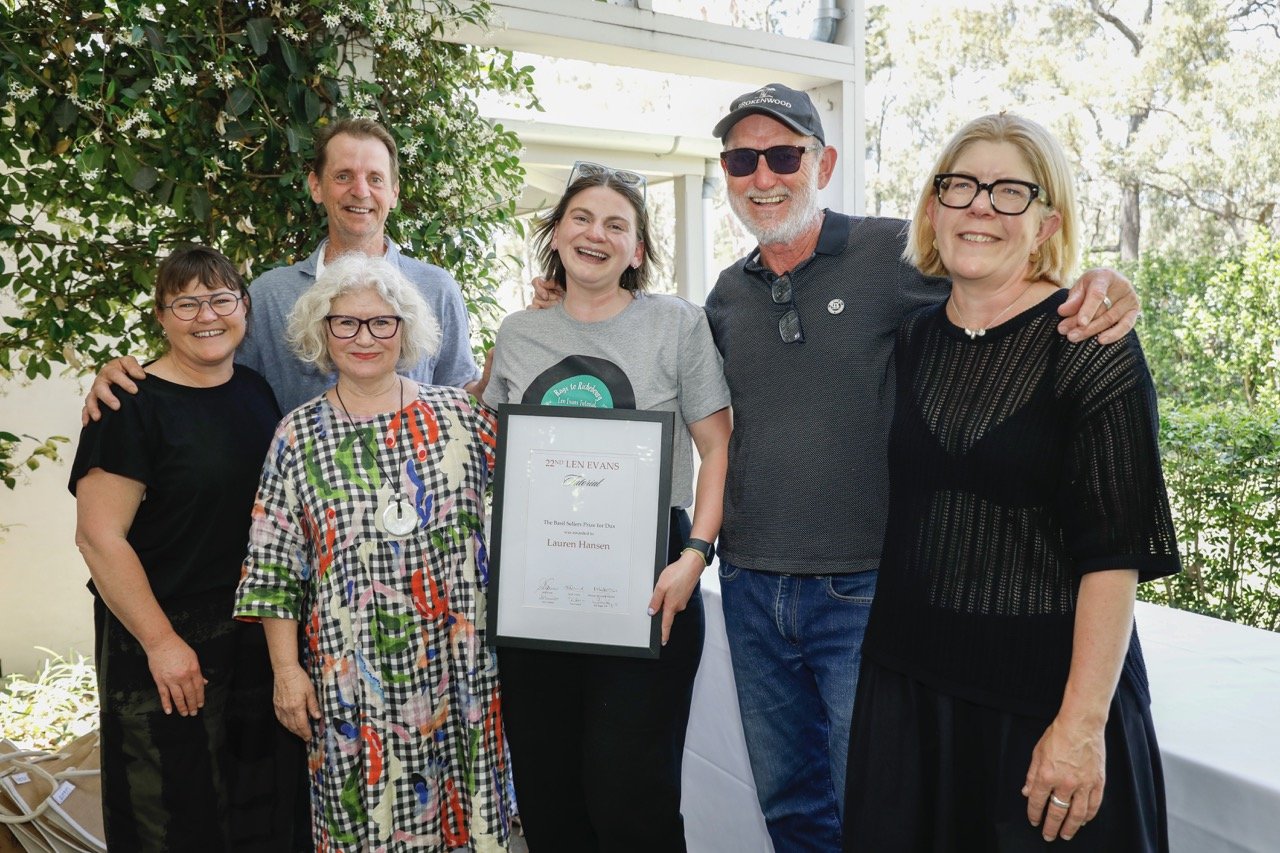Tim Ford has officially taken the helm of Treasury Wine Estates as Managing Director and Chief Executive Officer.
Ford steps into the role after more than nine years with TWE, having held key roles across the business, most as recently as Chief Operating Offer with responsibility for TWE’s global operations.
“It is a real privilege to lead our 3400-strong team as we continue to boldly lead change in the world of wine and build the next chapter of TWE’s growth and success,” he said.
“We have a talented team producing some of the finest quality wines from the some of the best wine making regions in Australia, New Zealand, Europe and America. I’m proud to be part of a business that helps bring moments of joy and connection to consumers around the world.”
Ford's predecessor, Michael Clarke (above), announced in February that he was moving his retirement forward to July 1, after initially announcing in October 2019 that he would give a year’s notice.
TWE said the decision allowed Ford to be CEO for the full financial year.
Clarke announced in April that TWE planned to split off its flagship Penfolds brand into a separate company by the end of 2021. He said Penfolds accounted for about 10% of the firm’s volume but well over half its earnings.
“A potential demerger would enhance New TWE’s and Penfolds’ ability to pursue their own strategic priorities and deliver a stronger long-term growth profile under separate teams and ownership structures,” he said.
TWE Chairman Paul Rayner said he was excited about the prospects that a potential demerger could bring for both New TWE and Penfolds.
“New TWE would remain the largest globally integrated wine platform in the world, with a diversified sourcing footprint, diversified end markets and significant opportunity ahead of it to continue the growth of its iconic brand portfolio across all markets,” he said.
“Penfolds is an icon of Australian luxury, with impressive margins and significant growth runway in Asia and globally.”
Tim Ford added: “These initiatives will accelerate the separate focus on the luxury versus commercial portfolios, and will be implemented in an orderly manner over time to maximise potential gains on asset sales, minimise associated one-off cost impacts and minimise disruption to business performance while ensuring benefits are not compromised by the current economic or capital market conditions.”
Share the content










